Buyer's Guide
Not sure how the process of buying a property works? Our handy guide takes you step by step through the process, with some handy tips to help you along the way.
Buyer's Guide: A Step-by-Step Process for Buying a Property in England
1. Establish Your Budget
Before beginning your property search, it’s essential to understand your financial situation:
- Deposit: Generally, you need at least 5-20% of the property price. The higher the deposit, the better mortgage deals you can access.
- Mortgage: Consult with mortgage brokers or lenders to determine how much you can borrow. They will assess your income, expenses, credit history, and other financial commitments. We can put you in touch with our mortgage broker, Valerie at OPS Financial Advice to help with this step.
- Additional Costs: Include costs like stamp duty (a tax on property purchases), legal fees, survey costs, removal costs, and potential renovation expenses.
2. Get Mortgage Approval in Principle
Securing a mortgage agreement in principle (AIP) demonstrates to sellers and estate agents that you are a serious buyer:
- AIP Benefits: This document states how much a lender is willing to lend you based on an initial assessment.
- Preparation: Gather necessary documents, including proof of income, bank statements, and identification.
- Lender Options: Consider various lenders or use a mortgage broker to find the best deal.
3. Start Your Property Search
With your budget set, begin searching for properties:
- Online Portals: Use websites like Rightmove & Zoopla to browse listings and set up new listing alerts.
- Estate Agents: Register with local estate agents to receive notifications about new properties.
- Viewings: Arrange viewings for properties of interest. Take notes during viewings and ask questions about the property and local area.
4. Make an Offer
When you find a property you like, submit an offer through the estate agent:
- Price: Offer a price based on your budget, property condition, and market conditions.
- Conditions: Specify any conditions, such as the inclusion of certain fixtures and fittings or desired completion dates.
- Negotiation: Be prepared to negotiate with the seller. The estate agent will mediate this process.
5. Hire a Solicitor or Conveyancer
Once your offer is accepted, appoint a solicitor or conveyancer to manage the legal aspects:
- Searches: They will carry out property searches to check for planning issues, flood risks, and any local authority plans that might affect the property.
- Contract: They will draft and review the contract, ensuring all details are correct and terms are agreed upon.
- Liaison: They will communicate with the seller’s solicitor to resolve any issues and prepare for the exchange of contracts. Your estate agent will keep an eye on this and help chase up anything outstanding.
6. Arrange Your Mortgage
With satisfactory survey results and legal checks, finalize your mortgage:
- Full Application: Complete a full mortgage application with your chosen lender, providing detailed financial information.
- Valuation: The lender will conduct their own valuation to ensure the property is worth the loan amount.
- Mortgage Offer: Upon approval, you will receive a formal mortgage offer. Review the terms carefully and confirm acceptance.
7. Exchange Contracts
After all checks and mortgage arrangements, you’re ready to exchange contracts:
- Deposit: Pay your deposit (usually 10% of the property price) to your solicitor, who will transfer it to the seller’s solicitor.
- Legal Commitment: Once contracts are exchanged, the sale is legally binding. Both parties sign the contracts and agree on a completion date.
- Insurance: Arrange buildings insurance starting from the exchange date, as you are now legally responsible for the property.
8. Completion Day
On the agreed completion date:
- Transfer of Funds: Your solicitor will transfer the remaining purchase funds to the seller’s solicitor.
- Keys: Once the seller’s solicitor confirms receipt, you will receive the keys to your new home.
- Moving In: Arrange your moving services in advance and plan your move. Ensure all utilities are set up and inform relevant parties of your new address.
9. Post-Completion
After moving in, there are a few final administrative steps:
- Stamp Duty: Your solicitor will arrange for the payment of any stamp duty due within 14 days of completion.
- Registration: Your solicitor will register you as the new owner with the Land Registry, ensuring the property is legally in your name.
- Utilities and Services: Set up your utilities (electricity, gas, water, internet) and update your address for council tax, banks, and other services.
87
years in business
205+
years experience across our team
74
properties sold in the last 12 months
400+
properties under management
HOW CAN WE HELP?
Your Local Property Experts
With over 87 years of experience selling, letting and managing property in West Drayton and the surrounding areas, we love guiding our clients through their next move. Get in touch to start your journey with us today.
Find out how much your home is worth
Curious about the value of your property? At R Whitley & Co, we offer a free and no-obligation property valuation service. Our experienced valuers will assess your property’s market value based on factors such as its location, size, condition, and recent sales in the area.





